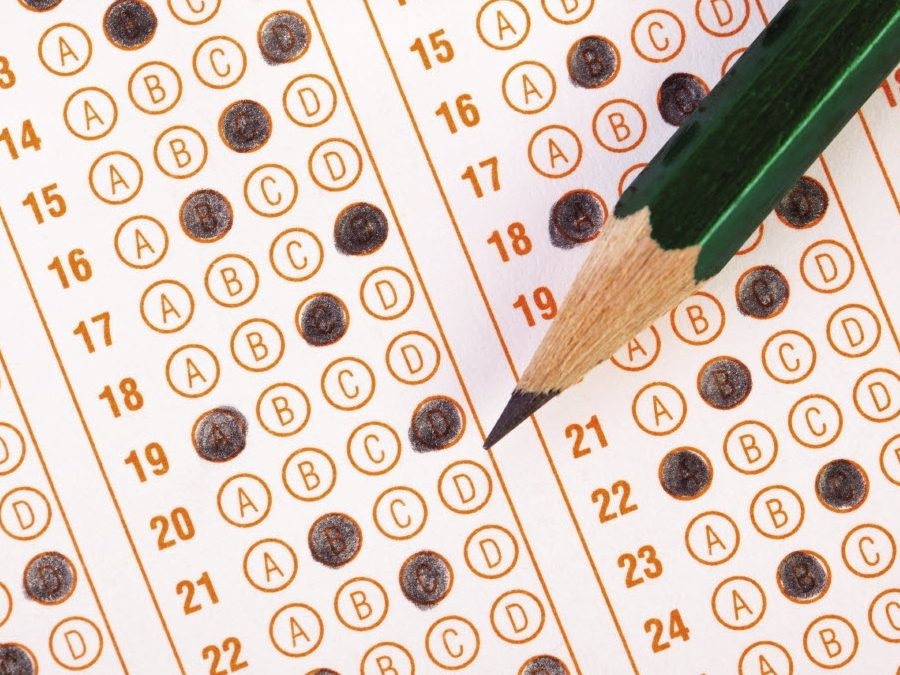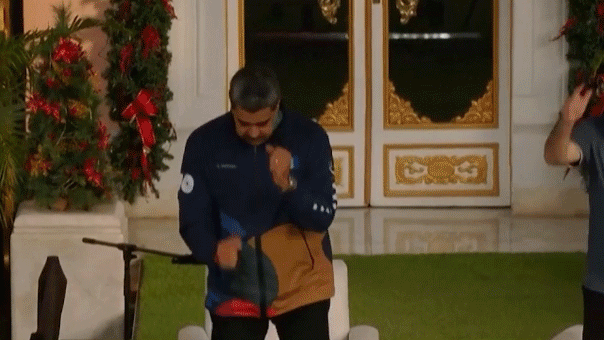A veil of uncertainty hangs over Ontario’s education system as the release of standardized test results has been deliberately delayed by Education Minister Paul Calandra. Normally appearing in the fall, these crucial benchmarks of student performance are now subject to a last-minute “deep dive,” sparking criticism and raising questions about transparency.
Calandra staunchly defended his decision, dismissing concerns from opposition leaders and teachers’ unions. He insists the delay isn’t an apology, but a necessary step to thoroughly analyze the data and understand the experiences of educators who have been sounding the alarm about challenges within the classroom.
The opposition is fiercely questioning the rationale behind the hold-up, suggesting a lack of competence and a desire to control the narrative. Critics argue the minister could have conducted his analysis concurrently with the standard release schedule, and that withholding the information deprives students, parents, and teachers of vital insights.

While the specifics of the results remain undisclosed, the province has long grappled with consistently low math scores. Last year’s data showed modest improvements in math, but reading and writing scores for Grades 3 and 6 remained concerningly low, fueling the urgency for a comprehensive understanding of the current situation.
Beyond the numbers themselves, a broader debate is unfolding regarding the value of standardized testing. Some argue the significant funds allocated to the Education Quality and Accountability Office (EQAO) would be better invested directly into classrooms, supporting teachers and students.
However, even those traditionally critical of EQAO acknowledge the potential for valuable research. The core concern now centers on the perceived politicization of the process under the current government, with accusations of manipulation and a lack of accountability.
The controversy extends to the leadership of the EQAO itself, with past decisions raising eyebrows. The appointment of a failed political candidate to a highly-paid, full-time position as chair, a role previously held on a part-time basis, has further eroded public trust in the organization’s impartiality.
Next week promises a reveal, but the anticipation is laced with skepticism. Ontarians await not just the numbers, but a clear explanation of the delay and a genuine commitment to addressing the underlying issues impacting student achievement.





